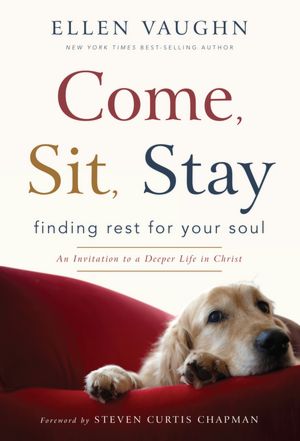
The Olympic torch relay which began its journey around the UK this week hasn’t been without its controversy. But what has captured my attention, and then my imagination, is the sense of story. Among the torch bearers are celebrities and sporting heroes, but the majority are ordinary people who have been noticed because of something out-of-the-ordinary. There was 16-year old Ben Fox from Swindon, who only has one leg and wants to win an Olympic gold in wheelchair basketball in 2016. Then there was Hayley Mowbray, 26, from Cheltenham, who teaches at a school for young people with severe behavioural problems. She has been recognised as having an exceptional ability to inspire others and provide hope when all seems hopeless. Twenty-eight-year old Mark Ormrod lost an arm and both his legs when he stood on a landmine in Afghanistan. He was told he would never walk again, yet two years ago he completed a 3,500 mile charity run across the US. And Louis Gill, at the age of 15, cycled 300 miles on an old bike to raise money for an orphanage in Uganda. His nomination story says that ”he represents everything that is good in our teenagers and young people”. All these stories capture something inspiring about the people who live in this land. Together, they remind us that, in the words of John Donne: “No man is an island, Entire of itself. Each is a piece of the continent, A part of the main.” We succeed or fail as our individual stories connect to the whole. The Olympic torch relay has reminded me of this. It celebrates diversity, it reminds us that we’re connected and it celebrates how the story of one person, can improve the story of another. However, it’s bigger than this. The Olympics, as athletes from all over the world gather to compete, connects us to the global story. Again, diversity is celebrated, and we are reminded that we are all connected. The torch relay also connects us to a historic story. The Olympic flame traces its way back to the stories of the Greek gods, the ancient games were designed to conjure images of the divine, and the relationship between humans and the gods. The Torch Relay, itself, a modern invention, is steeped in a historical story, not least because it first took place in the run-up the 1936 Olympics in Berlin, that were organised by the Nazis. So there are many stories, within a story, within a story, within a story. My story, and your story, are being woven into the story of the UK, within the story of the world now, within the story of humanity past, present and future. It reminds us that there is a meta-narrative running through human history, it’s the story that our stories are being woven into, and that’s God’s story. A story that meanders with purpose from creation to new creation. A story about destruction and restoration, faithfulness and unfaithfulness, sin and salvation. A story with the reoccurring refrain of: “They will be my people, and I will be their God.” When Paul was in Greece, the source of the Olympic flame, he walked around the Areopagus in Athens looking at the Greeks’ objects of worship. He said: “I…found an alter with this inscription: TO AN UNKNOWN GOD. Now what you worship as something unknown I am going to proclaim to you.”He was taking one of their stories to point people to the one true God. Today, as people are desperate to make sure their story is connected and it is significant, we need to be pointing them to God and His story, so they can connect to it and find significance in Him. Phil Green, Programme Manager for the Evangelical Alliance





